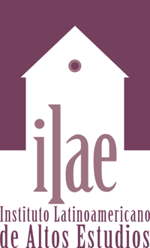Diversity, pluralism, divergence and multiculturalism: the indigenous movement for recognition in Colombia
Abstract
The article analyzes how the segregation and social recognition of indigenous peoples has evolved in the recent history of the country. In the process of domination of rural areas by private interests related to the exploitation of land and natural resources, certain elite social sectors or their allies have resorted to ethnic, political and economic persecution in response
to the demands of the indigenous movement. Such reactions include practices ranging from social stigmatization to the use of state repression to defend rural private ownership of land that indigenous peoples claim as their own. The concept of divergence, brought from criminological studies, is used in the analysis of these complex conflicts. The findings show how certain practices carried out by indigenous peoples in accordance with their worldview and that they consider as part of their cultural identities, are perceived as transgressions or criminal actions by the main representatives of the established power. The high courts, constitutional judges, non-governmental organizations, academics and socio-legal researchers, along with the urban middle class and popular social sectors, are those who are most likely to appreciate and recognize these actions as authentic expressions of ethnic diversity. that characterizes indigenous peoples. In conclusion, the intersection where divergence, cultural diversity and legal pluralism meet represents a relevant hill to address the interdisciplinary conceptual
analysis of the complex problems faced by indigenous peoples in today’s Colombia.





 WhatsApp al (57) 314 486 3057
WhatsApp al (57) 314 486 3057